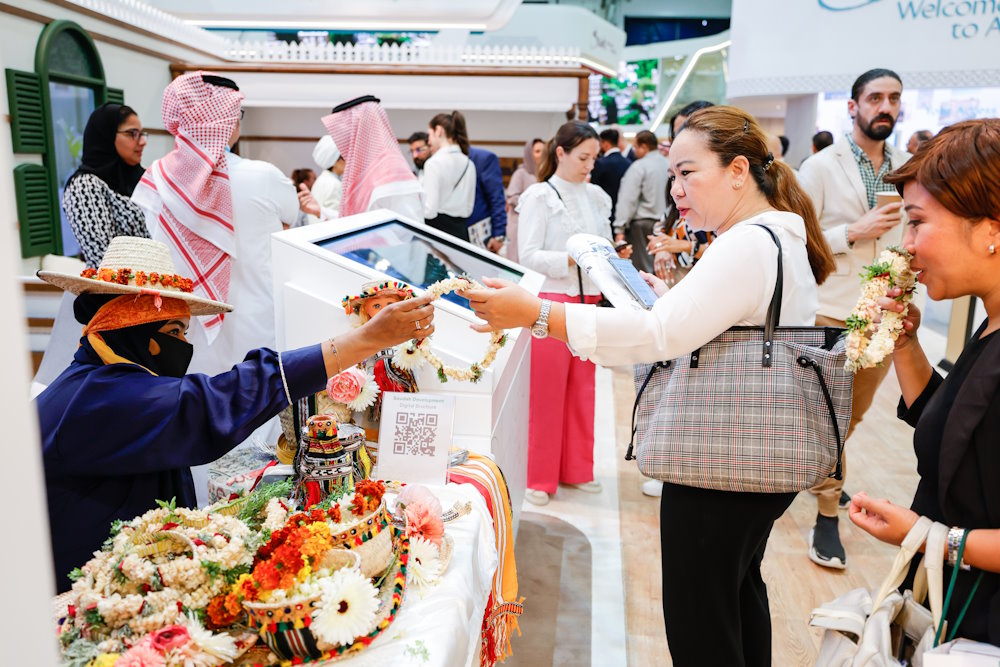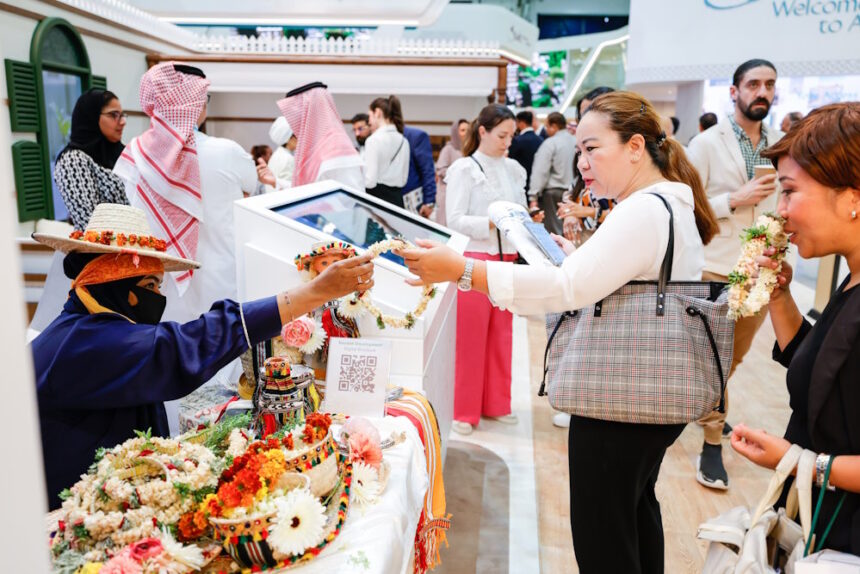
Arab travel market 2025 ended on 1 May in the Dubai World Trade Center and attracted more than 55,000 professionals from the industry from 166 countries – an increase of 16% in presence until the previous year. The event consisted of more than 2,600 in the 13 halls of the exhibitors, which reflects the robust recovery and transformation of the global travel and tourism sector.
This year’s theme, “Global Travel: Developing the tourism of tomorrow through improved connectivity”, underlined the crucial role of technology and sustainability in shaping the future of travel. The Travel Tech segment experienced 25% on an annual basis of exhibitors on an annual basis, which emphasizes the dedication of industry for innovation. Companies such as Amadeus, Huawei, Sabre, Expedia, Travelport, Hotel Bedden and Webbys showed progress in artificial intelligence, blockchain and augmented reality, with the aim of revising travel experiences.
AI’s Transforma -impact on aviation was a central point, with discussions about the applications in optimizing escape routes, improving weather monitoring and improving the airport’s efficiency. Airports such as London Heathrow and Gatwick have alread and implemented AI-driven systems for air traffic management, reductive delays and streamling operations. Airlines such as Emirates and Etihad use AI to offer adapted services and seamless check-ins, in accordance with the dedication of the VAE to integrate technology into sustainable development.
Sustainability was prominently displayed, in particular the approval of sustainable aviation fuel. The International Air Transport Association projects SAF production to reach 2.1 million tonnes by 2025, doubled from the previous year. Emirates and Etihad have started incorporing SAF into activities on important routes, including London, Paris and Singapore, so that important steps are marked to reduce the carbon footprint of the aviation industry.
The event also emphasizes the revival of company travel, with the introduction of IBTM@ATM, a specialized segment aimed at business trips. Research indicates that 40% of companies are planning to increase travel budgets in 2025, indicating a positive trend for the sector. This revival is from expecta innovations in customized travel services, extensive flight routes and stimulating improved connectivity.
Asia was created with the fastest growing ATM 2025 region, with an expected 27% on an annual increase in exhibitors. The participation of India was arrested with 41%, which reflects the growing tourist market in the country. Countries such as Japan, Macao, De Maldives, Mauritius, Zuid -Korea, Thailand, the Philippines, China, Cambodia, Nepal and Sri Lanka Lanka also played crucial roles, contributing to the various international comsence of the event.
The Central East showed considerable growth, by 17% increased in the participation of the exhibitors. Representing Saudi Arabia was remarkable, with its huge projects and prominent private sector companies. Europe had a steady growth at 12%, while participation from Africa and America remained from the previous year.
ATM 2025 contained more than 200 high-profile speakers in 60 conferences sessions, SP pre-ACROSS Three main phases: The Global Stage, Future Stage and the newly introduced business event stage. Important sessions relate to topics such as generation trends that influence hyperpersonalization in luxury journeys, the penetrating role of AI and data -driven strategies for constination transformations.
